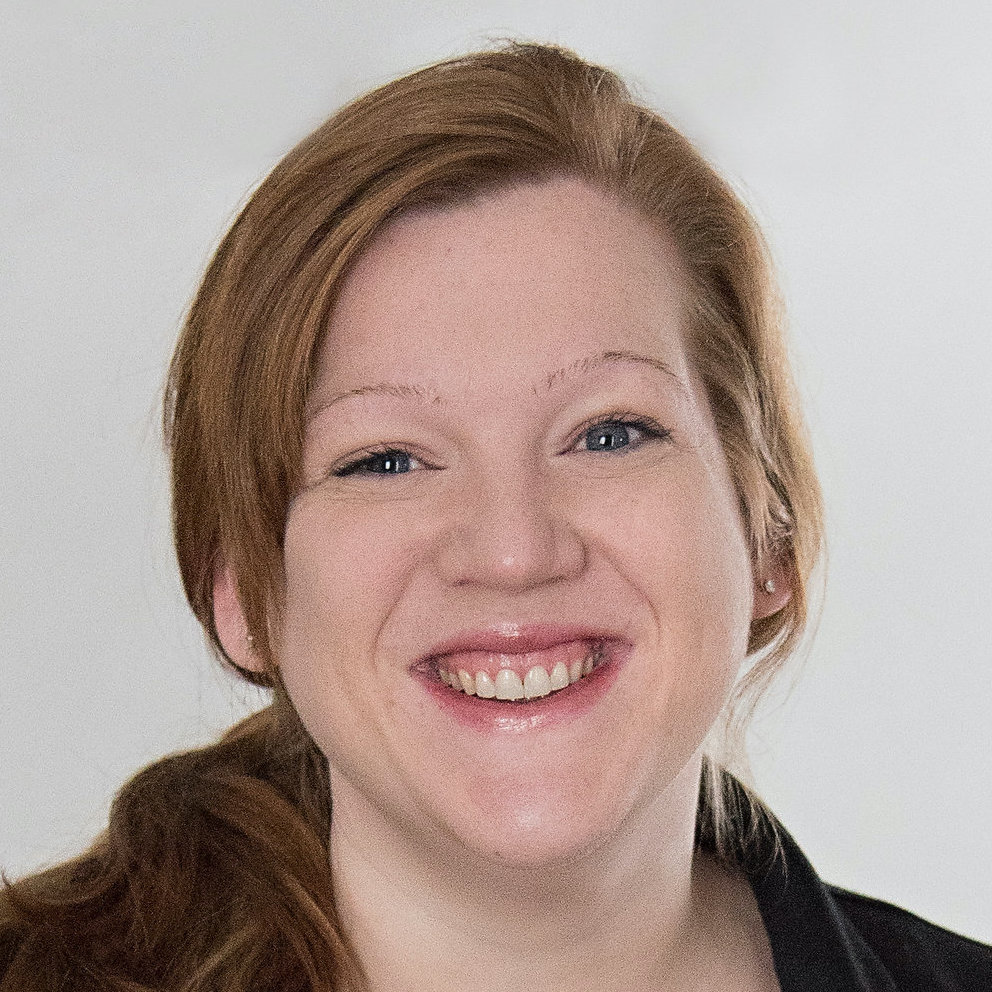
Higher Ed seems to have lost sight of its true mission.
Falling prey to the funnel of funding from state and federal sources, we have hundreds, maybe thousands, of universities and colleges that squeeze themselves into the profile of most desirable to receive funding instead of focusing their efforts on an education that builds America.
We see higher ed leaders playing the politics game, to advocate for their institution so legislators will look favorably on them when it’s time to dole out dollars.
Never mind that the origins of higher education in America focused on preparing people to lead—in worship, in community, in industry and in agriculture. And to be leaders, we need to be free thinking, intellectual beings with a deep understanding of rational thought and an uncanny ability to decipher between truth and fiction, and moral and damnable action.
Building well-informed citizens
In the wake of the Jan. 6 insurrection at the U.S. Capitol, many universities came out with immediate statements condemning the terrifying actions of that day. Others held bac, or softened their tone, hoping to stand up to violence while placating conservative donors.
Higher ed should be an example of thought, discourse and well-developed moral perspective—not partisan politics. And yet we are all influenced by where the dollars come from to keep our doors open.
More from UB: Dartmouth reverses course, reinstates women’s athletic teams
A university degree should signal completion of a course of study that builds well-informed citizens. It should be the hallmark of one’s ability to decipher between persuasion and communication.
Graduates should be able to tell what is real and what is not, what is a good source and what is biased, and they should be able to pick apart what exists to examine how their own values and biases influence their interpretations.
Simply put, we want college grads to be able to make up their own minds. When they walk through our doors, we want them to start thinking for themselves—not take orders from parents or teachers, but critically examine what comes before them and gain the confidence to make decisions they can live by and with.
No one can contribute in business unless they see themselves as a contributor in good standing who knows what he believes and thinks, and why. And isn’t the goal for a college grad to get a job and participate in industry?
A university education should lead to formation of the self, independent of influences from outside sources—be they parents or politicians. We want to create leaders whose influence will improve the state of affairs for all of us.
A person who cannot let go of predetermined perspectives cannot innovate. She cannot break new ground. He cannot bring lasting change for the betterment of the community.
And when an educational institution is biased in one political direction or another, the students follow suit—or maybe they choose the school based on its politics, to migrate from one bubble of thought to another, a safe place to crack open a book.
Higher ed’s purpose should be to break the cycle of following. Instead, we’re adding to it.
More opportunities to gain access
When Americans leave college, they enter the workforce and begin making decisions that affect the rest of the populace. Businesses affect everything from the environment to which industries innovate to the health care I’ll receive when I’m old.
The world is constantly changing and so is the commerce that drives it. Thus, higher ed must change to shape tomorrow’s leaders in ways that aren’t clouded by the fears of the past.
College really should not be partisan in any way. We can’t make education solely for the left preaching about inclusiveness, while shutting out those who don’t agree with progressive ideals. And we can’t make education only for the right, incubating exclusive perspectives and ignoring new information.
With a global workplace and rabid social media, we see and know people from different countries, faiths, races and ways of doing things. It should be higher ed that dispels the false idea that only some people can be allowed to participate in the public discourse. We should be purveyors of wide and open conversation, inviting all to speak.
More from UB: 5 ways to overcome compassion fatigue in higher education
For the longest time, higher ed was defined by its exclusivity. One needed money, grades and connections to gain access. In some cases this is still true. But with thousands of universities and colleges across America today, there are more opportunities to gain access.
There is a place for everyone who wants higher education. There is enough to go around, and access for one does not mean less access for another.
We are in the industry of selling experience and knowledge. Universities build entire programs to combat societal problems. It must be our mission to build the greater good, to lead by example, making everyone feel welcome.
Instead, we are jumping through hoops to collect our due, and it is, frankly, exhausting.
University leaders cannot sell our souls to win a few more dollars. We must make decisions on the basis of what is right, and what our country needs. We are supposed to be transforming youth into visionary leaders who do better than we have done.
Anyone we leave out of this journey stands to bring arms against those who blocked his way. Do we really want to foment division? Or do we want to be a bastion for all of society to move toward a brighter tomorrow?
Emily Barnes is interim president and provost of Cleary University in Howell, Mich.





